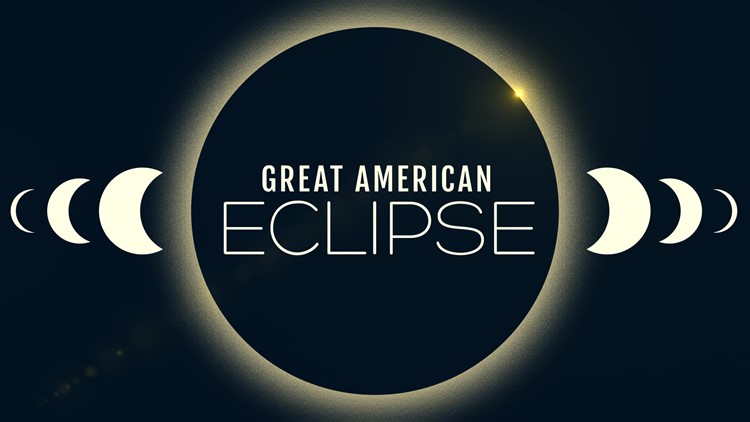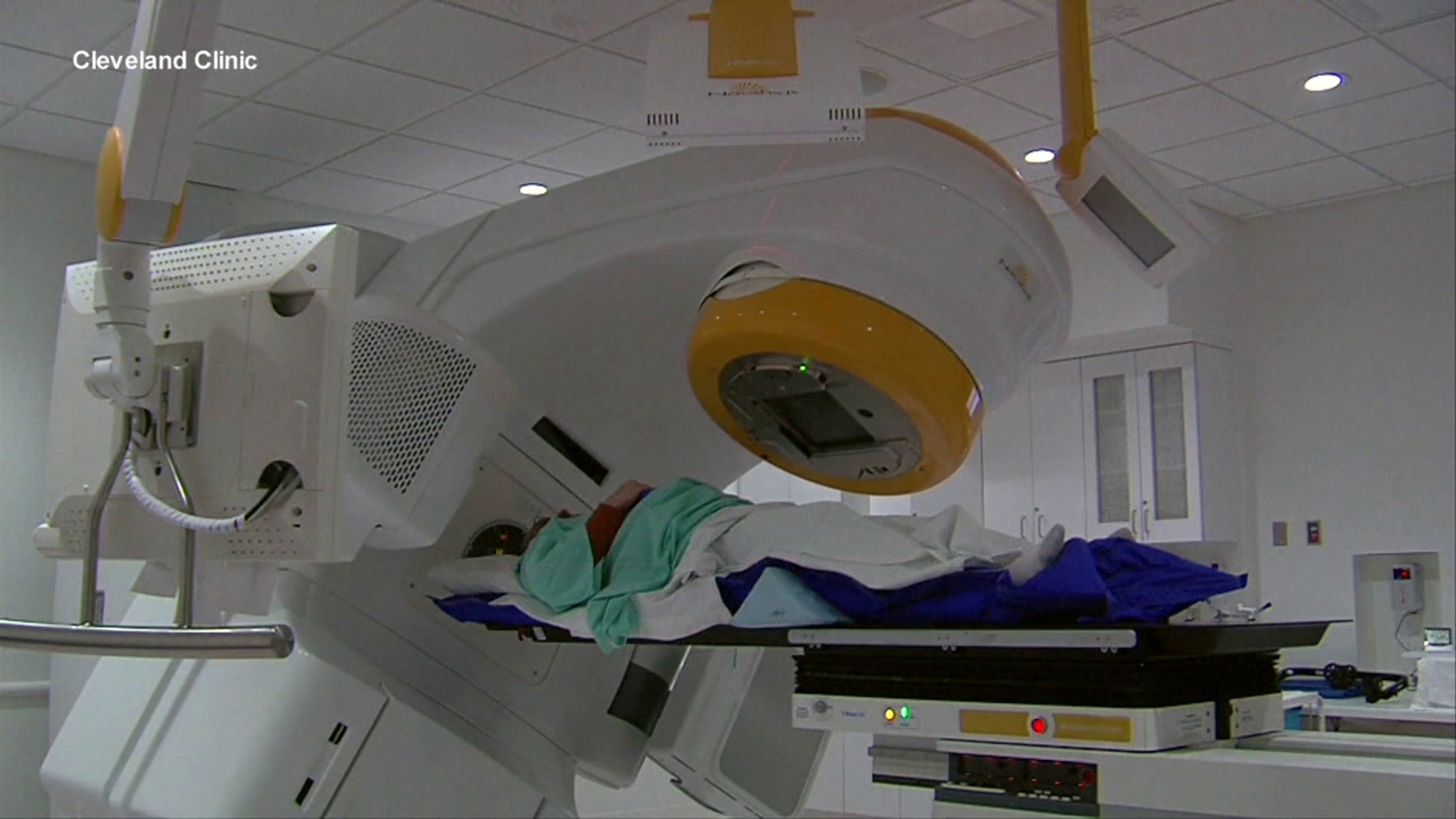DANVILLE, Pa. — The upcoming solar eclipse is a rare event, and people will want to see it. During a solar eclipse, the sun is not as bright, and it can be tempting to look directly at the sun. But doctors say that can cause long-term damage and even blindness.
"Those solar rays are still just as bright and damaging to our macula as ever. Our macula is our central detailed vision. If that gets damaged, we get blurred vision, central vision loss that can be permanent," said Dr. Sabrina Steed, an optometrist at Geisinger.
Dr. Steed says vision loss can happen a few hours or even days after looking at the sun.
Do not look at the solar eclipse without the proper glasses. Only use glasses that meet the ISO 12312-2 international safety standard. These glasses are 100,000 times darker than sunglasses.
"It can't be some homemade, can't be two pairs of glasses. It can't be welding shields. I've heard it all—people saying that they're going to try something else. It has to be those. They will protect your eyes."
To make sure you have the correct glasses, Dr. Steed suggests putting them on and looking at a bright light bulb.
"If you can see that light bulb, that ain't it; they're fake. You want to make sure you can't see that. The only thing that should be able to be viewed through those glasses is the sun."
Dr. Steed says even with glasses on, binoculars or a telescope should not be used.
"Even with the proper filters that will magnify those light rays and get right through that filter, you'll get retinal damage," Dr. Steed emphasized.
If you feel you have eye damage from the solar eclipse, make sure to go to your doctor right away.



